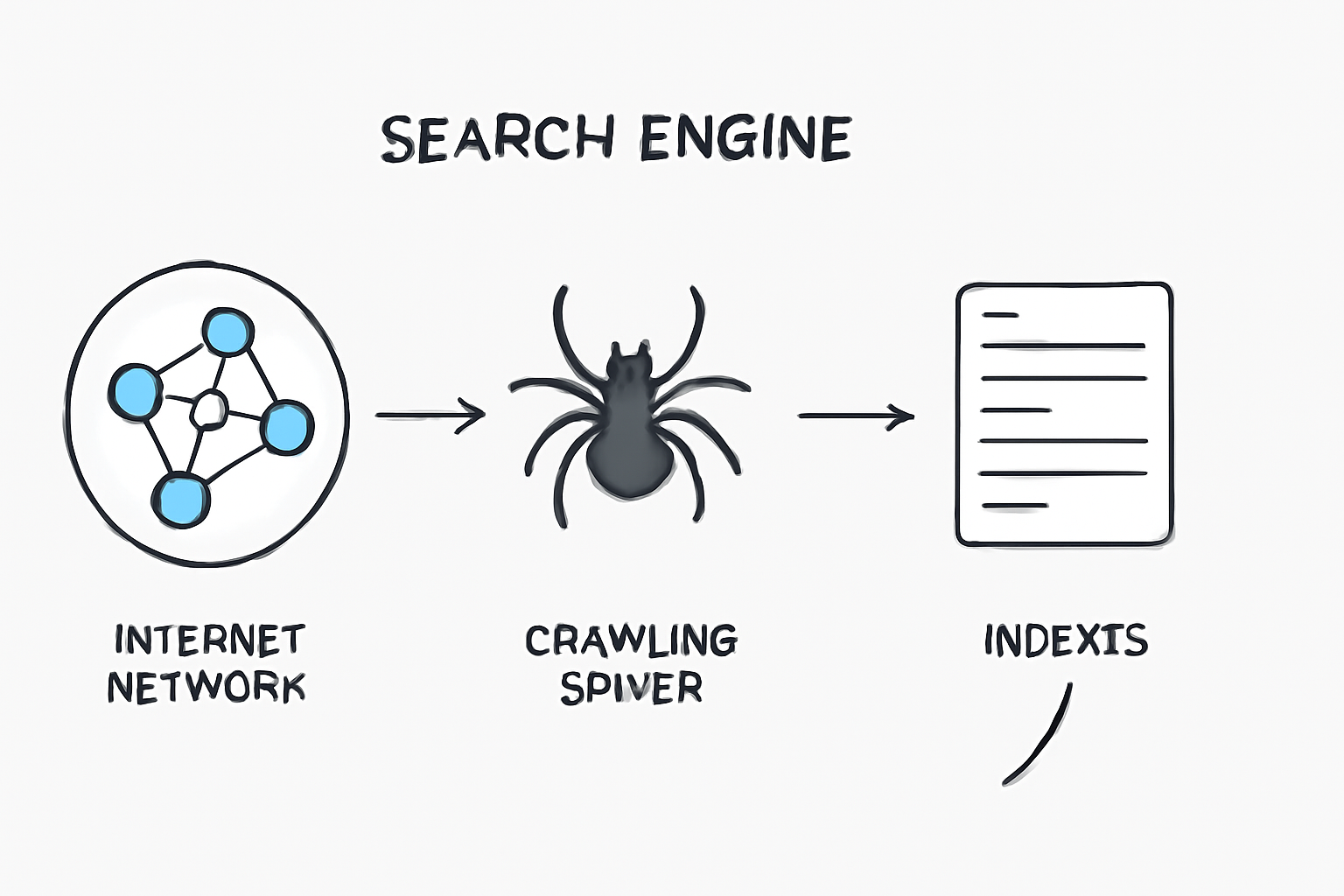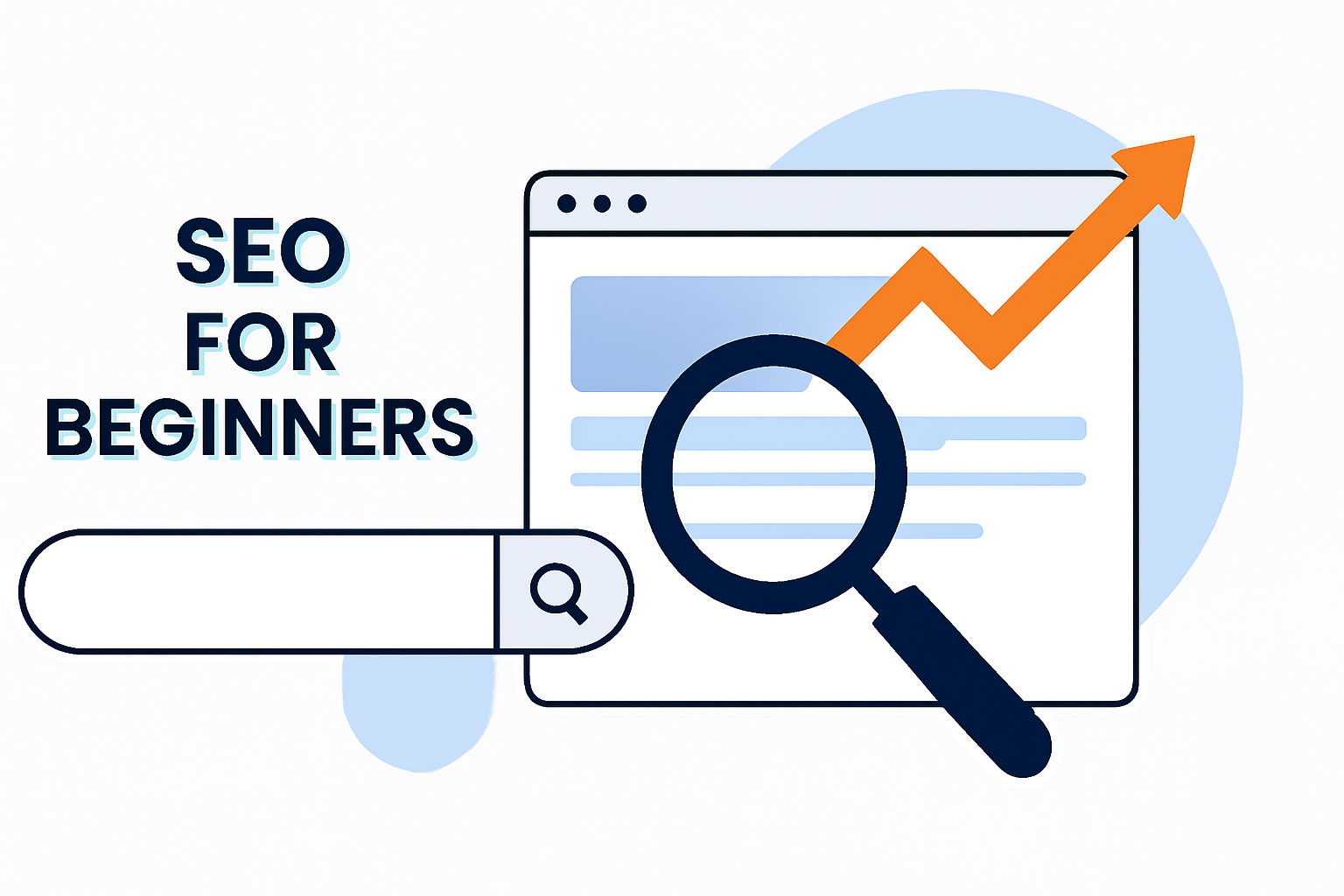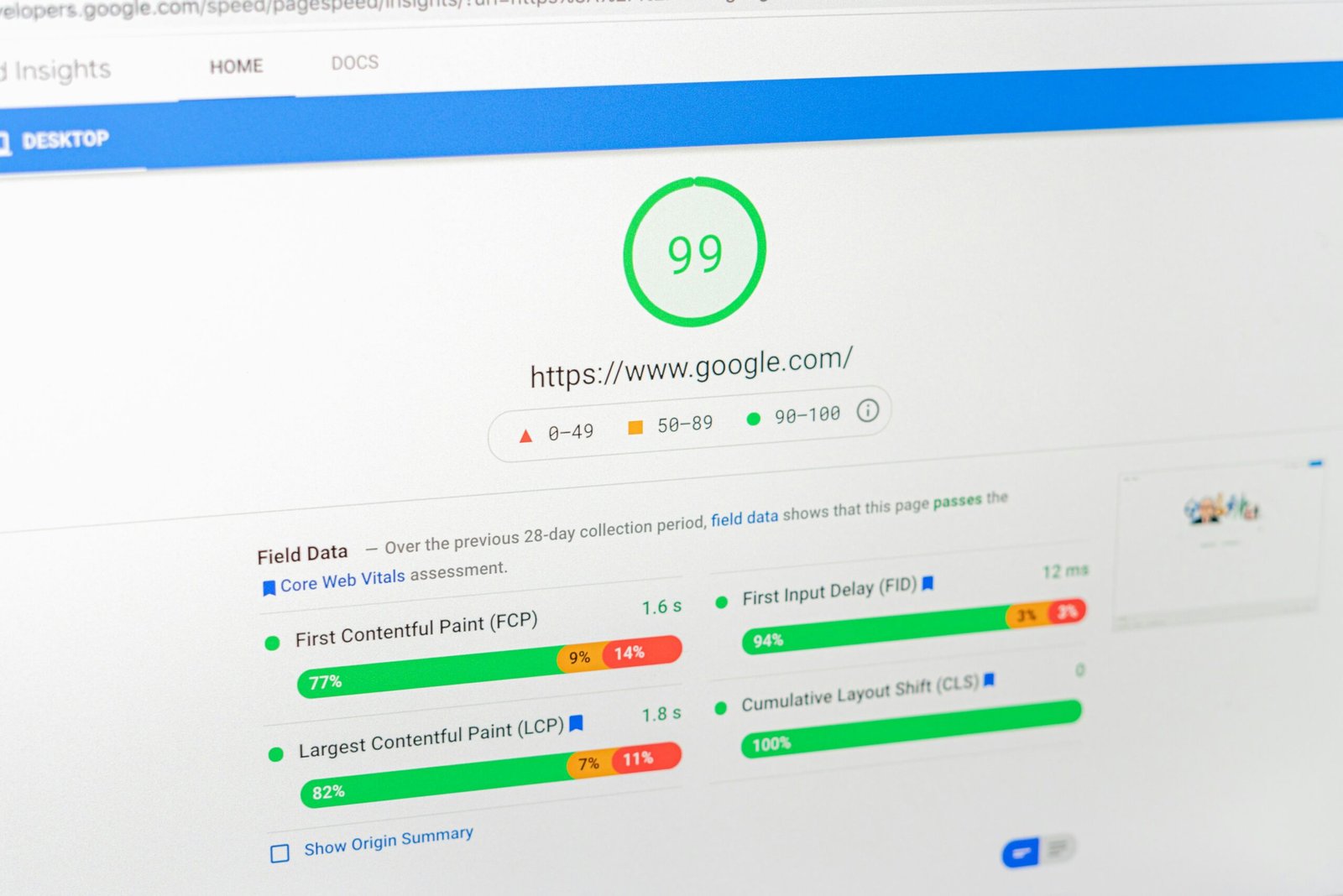WordPress powers over 40% of the web, making it the world’s most popular content management system. But having a WordPress site isn’t enough if your goal is high Google rankings and consistent organic traffic. For that, you need a clear understanding of WordPress SEO tips and tricks, especially if you’re a beginner.
Search Engine Optimization (SEO) is the key to unlocking free, targeted traffic to your website. This article is your comprehensive guide to WordPress site SEO tips, including practical advice that’s easy to implement and primed for results.
Whether you’re new to WordPress or looking for the latest actionable insights in 2025, you’ll find proven strategies here to rank higher, attract more visitors, and outpace your competitors.
Why Is WordPress SEO Important?
-
Organic Visibility: SEO gets your content in front of the right audience—without paying for ads.
-
Long-Term Results: Proper SEO delivers consistent free traffic for months (or years) after implementation.
-
Competitive Edge: Most niches are crowded; SEO helps you outrank competitors and capture more leads or sales.
-
Better User Experience: Many SEO tricks also make your site faster and easier to navigate.
1. Choose SEO-Friendly WordPress Themes
Your theme directly affects site speed, usability, and how search engines crawl your pages.
-
Opt for fast, lightweight designs (Astra, GeneratePress, Neve).
-
Ensure mobile responsiveness and cross-device compatibility.
-
Avoid themes loaded with unnecessary scripts or bloat.
Pro Tip: Use Google’s Mobile-Friendly Test to check your site.
2. Install a Top-Rated SEO Plugin
SEO plugins make site optimization simpler and faster. The best WordPress SEO plugins:
-
Yoast SEO: Beginner-friendly, offers content analysis, XML sitemaps, meta titles/descriptions, breadcrumbs.
-
Rank Math: Lightweight, integrates with Google Analytics/Search Console, supports schema markup.
-
All in One SEO Pack: Flexible and great for more advanced adjustments.
Stick with ONE main SEO plugin to avoid conflicts.
3. Optimize Permalink Structure
Permalinks are your page/blog post URLs. Optimize them like this:
-
Use “Post name” structure (
/sample-post/) -
Keep URLs short, relevant, and keyword-rich.
Example:
BAD: /2025/08/19/seo-tips/
GOOD: /wordpress-seo-tips/
Tip: Change permalink settings early; changing them later can break links.
4. Master On-Page SEO Best Practices
Content optimization is essential for Google rankings. Here’s how to do on-page SEO right:
-
Keyword Placement: Include your main keyword in the first 100 words, at least one subheading, and naturally throughout the content.
-
SEO Titles & Meta Descriptions: Craft compelling, keyword-optimized meta titles and descriptions for every post.
-
Header Tags: Use H1 for titles, H2/H3 for sections to organize content for readers and search engines.
-
Internal Linking: Link to old/relevant posts. This improves SEO and keeps users on your site longer.
-
Image Alt Text: Describe images with keywords (no stuffing) to help Google and visually impaired users.
5. Prioritize Mobile Optimization
With over 60% of traffic now from mobile, Google uses mobile-first indexing.
-
Never rely on a desktop-only design.
-
Use responsive themes and test on various devices.
-
Compress images and avoid pop-ups that disrupt mobile viewing.
6. Improve Site Speed and Core Web Vitals
Page load times are a confirmed ranking factor. Google prioritizes sites that are fast and user-friendly.
-
Use caching plugins (WP Rocket, W3 Total Cache).
-
Optimize images (ShortPixel, Smush).
-
Minify CSS, JavaScript, and HTML.
-
Use a fast web host specialized for WordPress.
Check speed with: Google PageSpeed Insights or GTmetrix.
7. Create & Submit an XML Sitemap
An XML sitemap helps search engines find and index your content faster.
-
Most SEO plugins (Yoast, Rank Math) generate sitemaps automatically.
-
Submit your sitemap to Google Search Console and Bing Webmaster Tools.
8. Leverage Schema Markup (Structured Data)
Structured data helps search engines understand your content better—leading to rich results (stars, FAQs, events).
-
Use your SEO plugin’s built-in schema features.
-
Add FAQ, How-To, Recipe, or Review schema where relevant.
9. Use SSL and Secure Your Site
HTTPS (SSL certificates) is a Google ranking signal.
-
Most reputable hosts provide free SSL.
-
Always redirect HTTP to HTTPS to avoid duplicate content issues.
10. Build High-Quality Backlinks
Links from authoritative sites signal to Google that your content is valuable.
-
Guest post on relevant blogs.
-
Get listed in credible directories related to your field.
-
Create valuable content that earns natural inbound links.
-
Avoid spammy link schemes—they can penalize your site.
11. Enable Breadcrumbs for Enhanced Navigation
Breadcrumbs show users (and Google) where they are on your site.
-
Improves user experience and provides extra context to search engines.
-
Most SEO plugins add breadcrumbs easily (one-click feature).
12. Set Up Google Analytics and Search Console
Track your performance, discover SEO opportunities, and fix issues fast.
-
Google Analytics: For traffic, bounce rates, and user paths.
-
Search Console: For crawl errors, indexing, keyword rankings, and sitemap status.
13. Avoid Duplicate Content
Duplicate content can hurt your rankings.
-
Always use original text, titles, and meta descriptions.
-
Use canonical tags (your SEO plugin helps with this) for similar or syndicated content.
14. Create Quality, Long-Form Content
Google prefers “deep” content that covers topics in detail.
-
Target 1,200+ words for cornerstone articles.
-
Use images, videos, subheadings, lists, and tables to make content engaging.
-
Update old posts annually.
15. Use Categories and Tags Wisely
Help users and search engines navigate your content.
-
Use categories for broad topics, tags for specific subtopics.
-
Avoid having too many categories or tags, which confuses both users and bots.
WordPress SEO Tips for Beginners: Quick Checklist
-
Install an SEO plugin and configure it properly.
-
Set perfect permalinks early.
-
Write unique SEO titles and meta descriptions for every post.
-
Add alt text to every image.
-
Link related content.
-
Keep your theme and plugins updated for safety and speed.
WordPress SEO Tricks & Advanced Hacks (2025)
-
Add Table of Contents for long posts (improves UX and SEO).
-
Use lazy loading for images and videos.
-
Target “featured snippets” with question-based content.
-
Combine blog with a YouTube channel for cross-platform SEO.
-
Regularly audit your site with an SEO tool (Ahrefs, SEMrush, Screaming Frog).
Frequently Asked Questions (FAQs)
Q. Which SEO plugin is best for beginners?
A. Both Yoast SEO and Rank Math are great; both have free versions and step-by-step setup wizards.
Q. How often should I update my WordPress plugins?
A. Update as soon as releases are available, particularly for security and compatibility.
Q. Is WordPress good for SEO out of the box?
A. WordPress is SEO-friendly but requires additional tweaks, plugins, and best practices for maximum results.
Q. Do I need coding skills to optimize my WordPress SEO?
A. No! Most optimizations can be done via plugins and user-friendly tools—no coding required.
Mastering these WordPress SEO tips for beginners will set your site up for long-term success. Combine these practical tips and tricks with consistent content creation, and you’ll see higher search rankings, more traffic, and faster site growth.
Implement the above WordPress SEO tips and tricks today, and watch your site climb the search results—without relying on paid ads.


